Have you ever locked eyes with a Siberian Husky and felt your heart melt? Their icy blue stare, wolf-like grace, and boundless energy make them one of the most captivating dog breeds out there. But behind that stunning mask is a wild spirit that’s not for everyone—especially seniors dreaming of a calm, easygoing companion. It’s tempting to fall for their charm, but for older adults, choosing a Husky might feel less like adopting a pet and more like unleashing a whirlwind. Let’s pull back the curtain on the Siberian Husky and find out why this breed could be a recipe for disaster in a senior household.
Unstoppable Energy That Never Quits
Imagine trying to catch a flying kite on a windy day—that’s what owning a Husky feels like. These dogs were bred to run for miles in harsh Arctic conditions, and that drive hasn’t faded. Most Huskies need at least two hours of vigorous exercise every single day. For seniors with mobility issues or limited stamina, this can turn daily walks into a dreaded chore. If you skip their exercise, Huskies won’t just get bored—they’ll get destructive. They’ll chew furniture, dig up gardens, and howl until the walls shake. Their energy is relentless, and keeping up can quickly become exhausting.
Shedding: A Never-Ending Blizzard
If you thought cleaning up after a shedding Labrador was tough, Huskies will redefine your idea of “fur everywhere.” Their thick double coat blows twice a year, leaving tufts of hair on couches, carpets, and even your morning coffee. Seniors who struggle with allergies or have difficulty cleaning will find the constant mess overwhelming. Vacuuming becomes a daily necessity, and even then, fur seems to float through the air like snowflakes in Siberia. For anyone looking for a low-maintenance pet, this breed is a walking, shedding contradiction.
Escape Artists with a Plan
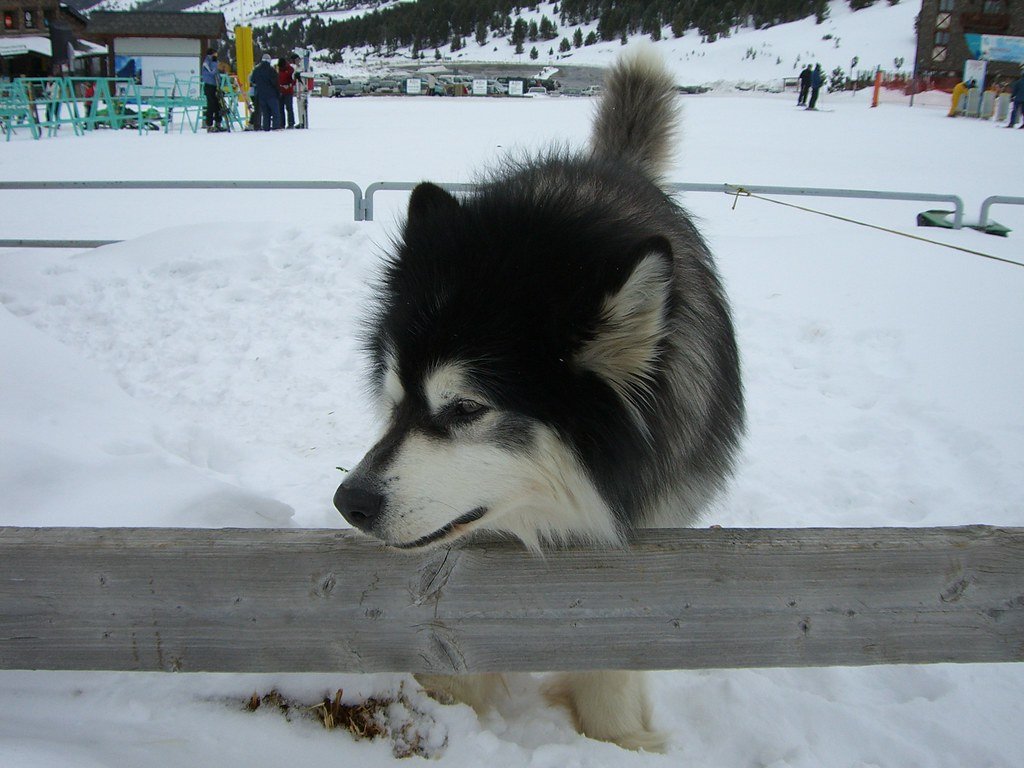
Siberian Huskies are notorious for their Houdini-like escape skills. They dig under fences, leap over barriers, and slip through the smallest gaps. One moment you’re sipping tea, the next you’re chasing your Husky down the block. Seniors who move more slowly or lack the strength to chase after an escapee are at a real disadvantage. Huskies don’t just wander—they bolt, driven by curiosity and independence. The constant vigilance required to keep them safe can be nerve-wracking and exhausting.
Stubborn as a Mule
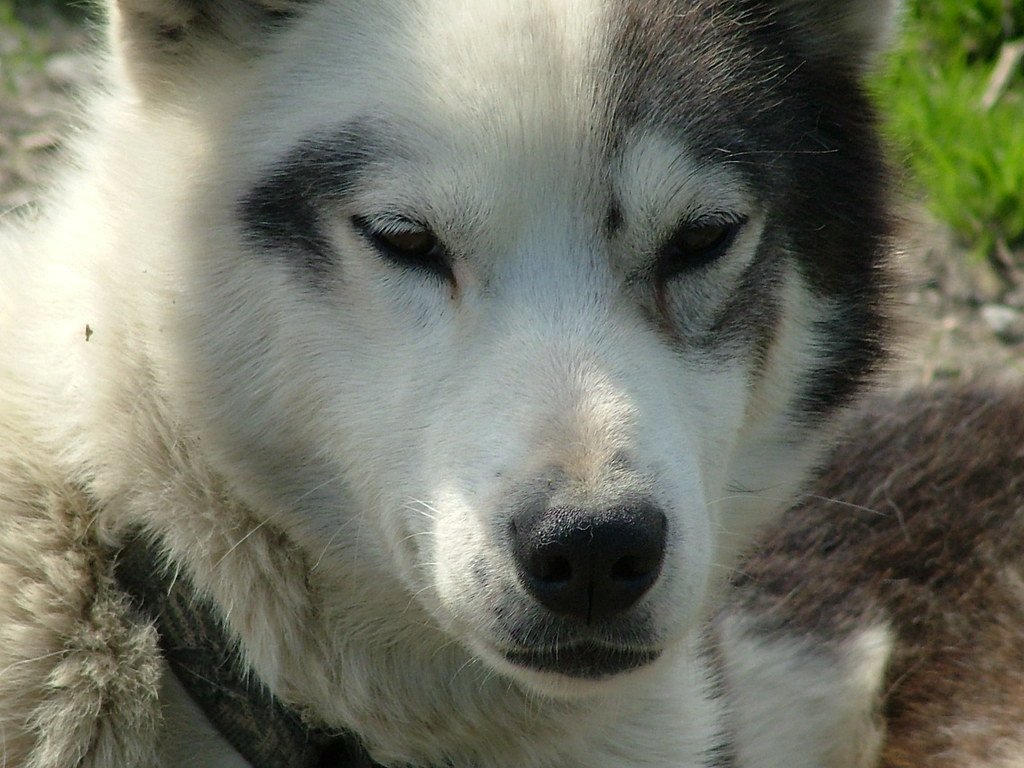
Training a Husky isn’t like teaching a Golden Retriever to fetch. They’re clever, but fiercely independent. Huskies often act like they’re making deals with you, not following orders. Seniors who lack the energy or patience for consistent, firm training might find themselves outwitted at every turn. Commands are ignored, rules are bent, and boundaries are constantly tested. This stubborn streak can be incredibly frustrating, turning training sessions into a battle of wills.
Howling Instead of Barking
Forget barking—Huskies are famous for their haunting, wolf-like howls. It might sound romantic, but in reality, it’s loud, persistent, and sometimes impossible to stop. For seniors seeking peace and quiet, a Husky’s vocal nature can be jarring. They howl when they’re bored, lonely, or just because they feel like it. Living in close quarters, like an apartment or retirement community, can turn this habit into a nightmare for both the owner and their neighbors.
High Prey Drive and Chasing Instincts
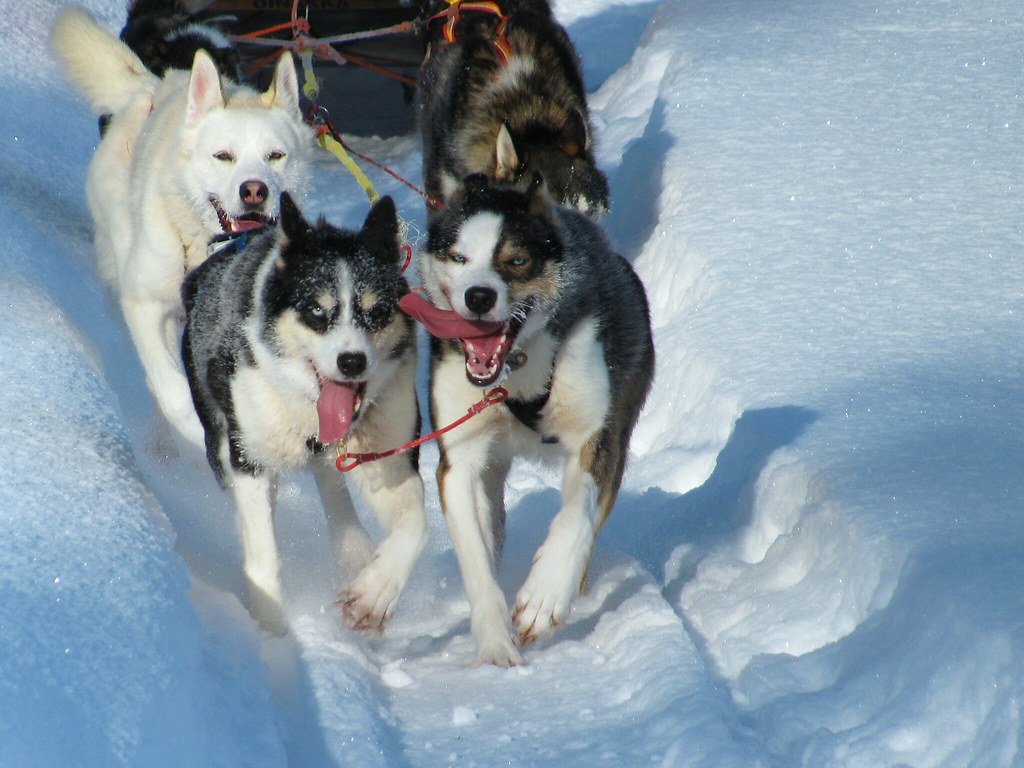
Those beautiful blue eyes hide a hunter’s soul. Huskies have a strong prey drive, meaning they’ll chase after squirrels, cats, or even small dogs without hesitation. For seniors, this can make walks stressful and unpredictable. A sudden lunge at a passing animal can easily pull an unsteady owner off their feet. Managing this instinct requires strength, alertness, and sometimes quick reflexes—qualities that not all seniors can count on.
Demanding Social Needs
Huskies are pack animals and hate being left alone. If they get lonely, they become anxious, destructive, or even depressed. Seniors who enjoy quiet hobbies or need to leave the house for appointments might find it tough to meet a Husky’s social needs. These dogs want constant company and interaction. Without it, both the pet and owner can end up feeling isolated or overwhelmed by the breed’s demands for attention.
Not the Best Watchdogs
Despite their wolfish looks, Huskies aren’t natural guardians. In fact, they’re likely to greet strangers with a wagging tail and a goofy grin. Seniors hoping for a protective companion will be disappointed. These dogs are friendly to a fault, which might leave an older owner feeling vulnerable or unprotected. Their trusting nature means they’re more likely to welcome a burglar than scare one off.
Grooming: More Than Just Brushing
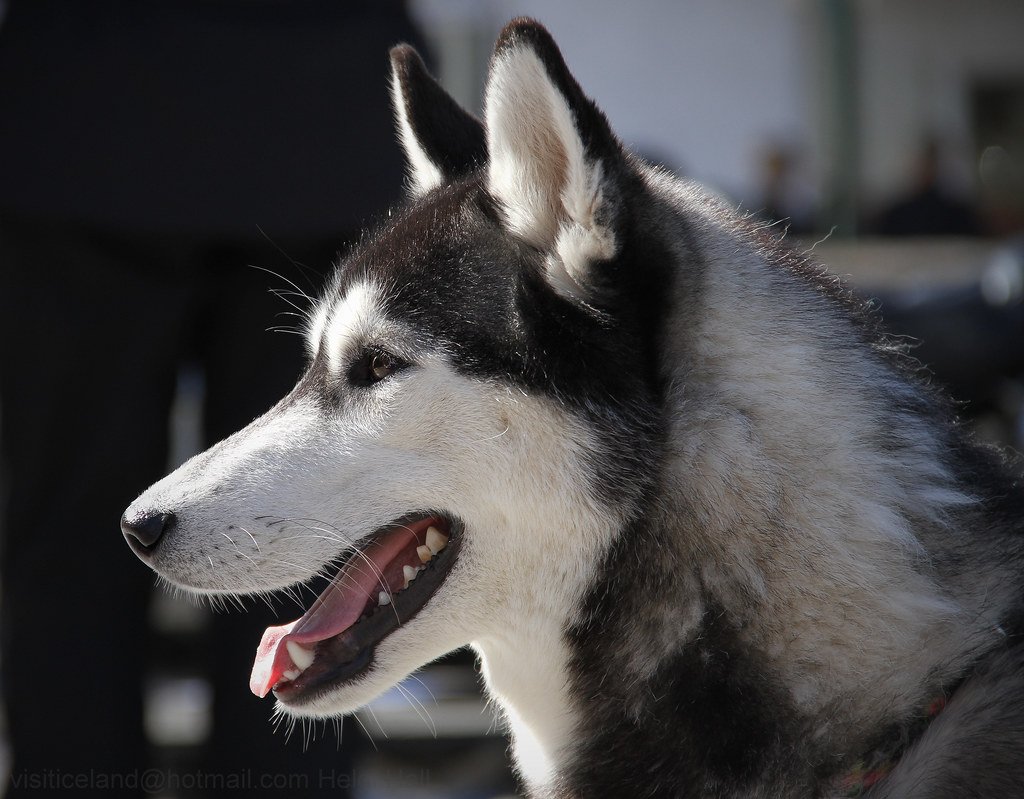
Keeping a Husky’s coat healthy isn’t just about running a brush through it now and then. Their thick fur is prone to matting and needs regular, thorough grooming. Bath time can be a wrestling match, and drying their heavy coats takes forever. For seniors with arthritis or limited hand strength, this grooming routine can be painful and overwhelming. Professional grooming can help, but it adds to the cost and effort of owning one of these dogs.
Needs Space to Roam
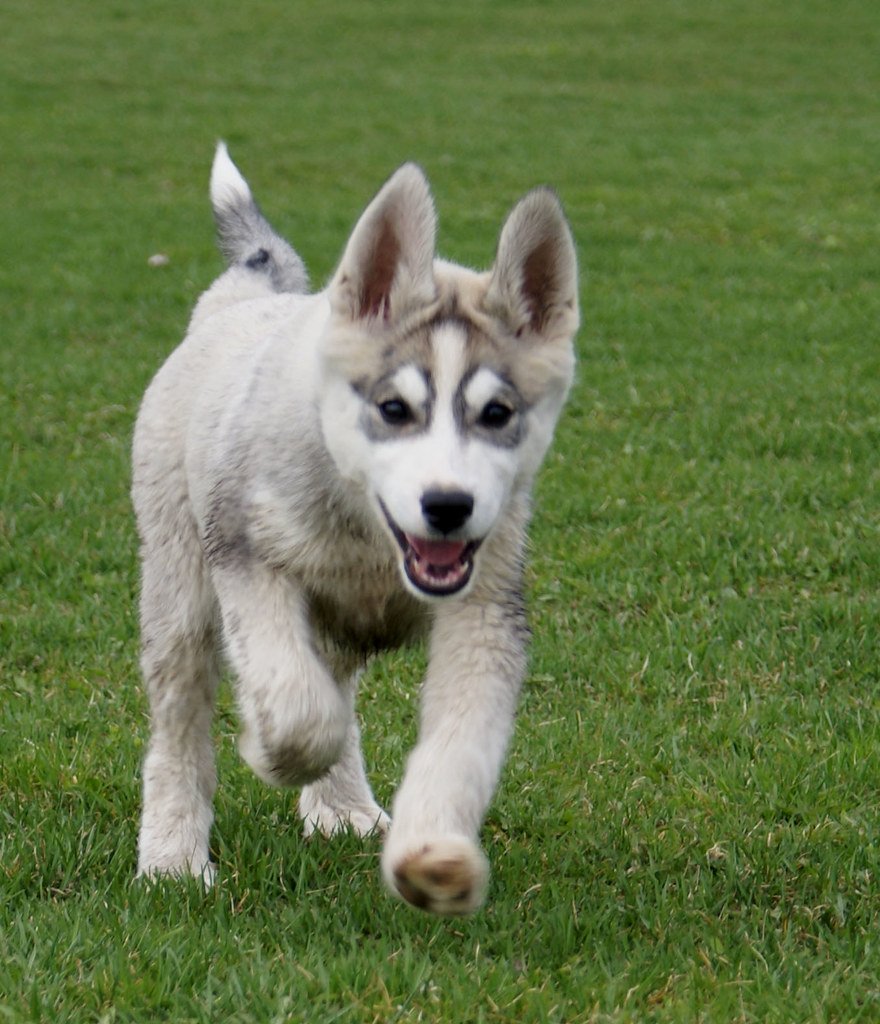
Siberian Huskies thrive in open spaces where they can stretch their legs and burn off steam. Apartment living, tight backyards, or communities with strict leash rules just don’t suit their free spirit. Seniors who downsize or live in retirement communities may find it nearly impossible to give a Husky the space it needs. Without room to run, these dogs become restless and unhappy, often acting out in ways that are hard to manage.
Veterinary and Health Challenges
Although Huskies are generally healthy, they have their share of breed-specific issues like hip dysplasia, eye problems, and skin conditions. Managing these can require regular vet visits, medications, and sometimes expensive treatments. Seniors on fixed incomes or those who struggle with transportation might find the extra medical care hard to handle. The emotional and financial toll of caring for a sick Husky can quickly become overwhelming, making this breed an even less practical choice for older adults.
Jen is a passionate nature lover and ocean conservationist. She has dedicated her life to protecting the environment and preserving the beauty of the natural world. Growing up in a small coastal town, Jen sincerely appreciated the ocean and its inhabitants. She has spent countless hours exploring the shoreline, learning about the creatures that inhabit the waters, and advocating for their protection. Jen is an active member of ocean conservation organizations, and she is committed to educating the public about the importance of conserving wildlife and the natural environment.





